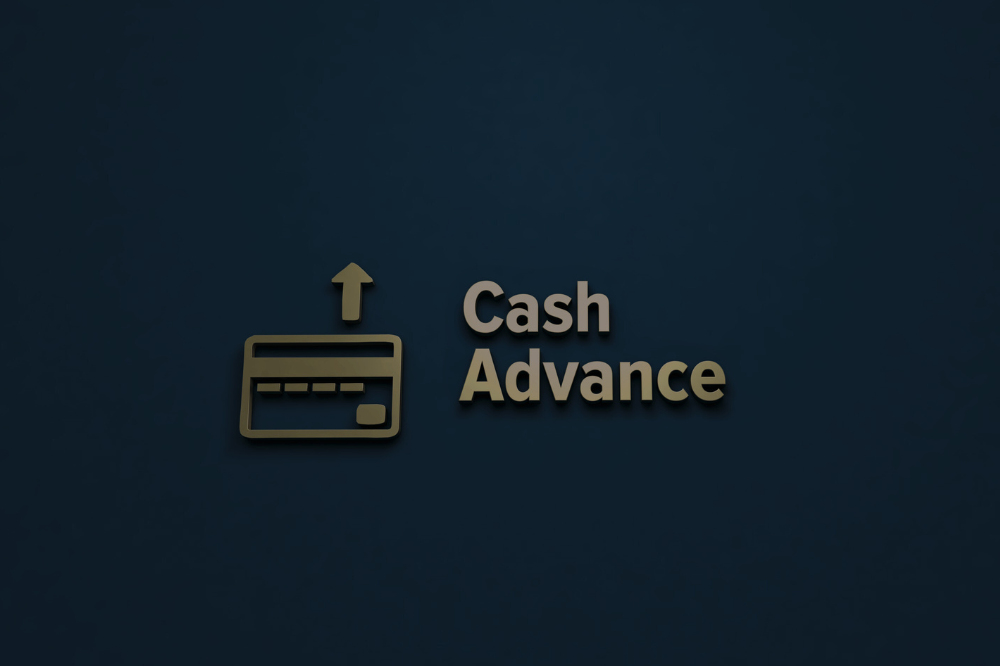Find out what a Credit Card Cash Advance is and the fee associated with it, so you know whether you should resort to it or not!
Did you know a credit card can offer cash advance? However, this asset comes with a price, a fee, that can end up making this “solution” not very beneficial for you. Before making a decision, it’s important to understand what it is and how much can it cost you.
So, let’s talk about it, how it works, and the advantages and disadvantages to consider. By the end, you’ll be ready to identify whether you should resort to it or not! Also, if you want to check out more financial tips on our website, you can click on this link!
What Is a Credit Card Cash Advance?
It is essentially a short-term loan using your credit card’s available credit line. Unlike regular purchases where you get a grace period to repay without incurring interest, a cash advance starts accumulating interest immediately, typically at a higher rate. On top of that, there’s a separate fee associated with accessing it – the credit card cash advance fee.
How Does a Credit Card Cash Advance Work?
When a cardholder takes a cash advance using their credit card, the amount is added to their credit card balance. This is different from using a debit card to get cash, where the money comes directly from the person’s bank account. It’s important to remember that your credit limit applies to both purchases and cash advances. So, if your credit limit is $10,000 and you take a $500 cash advance, your remaining credit for purchases becomes $9,500. Here’s how to get it:
- Bank or Credit Union: a representative at a bank or credit union can process it for you using your credit card;
- ATM: insert your credit card into an ATM, enter your PIN, and follow the on-screen instructions. Some ATMs might also impose a separate fee for using the machine to get it;
- Convenience Check: sometimes, your issuer will provide blank convenience checks with your new credit card. You can write one of these checks to yourself and either cash it or deposit it at your bank.
What Is a Credit Card Cash Advance Fee?
It is a one-time charge levied by your credit card issuer for accessing cash through a cash advance. This fee is typically a percentage of the amount advanced, ranging from 3% to 5%, with a minimum dollar amount often set by the issuer (usually between $5 and $10).
Pros vs. Cons of a Credit Card Cash Advance
Pros:
- Immediate Access to Cash: can be a quick and convenient way to access cash in an emergency or unforeseen situation;
- Building Credit: using your credit card responsibly, including repaying cash advances on time, can help build your credit score.
Cons:
- High Fees: the fees can be significant, adding to the overall cost of borrowing;
- High Interest Rates: the interest is usually higher than the purchase APR;
- Not A Long-Term Solution: they are not meant to be a long-term solution for financial problems. The high cost of borrowing can quickly spiral out of control;
- Not Covered By Grace Period: unlike purchases, cash advances often don’t come with a grace period, so interest starts accumulating right away.

